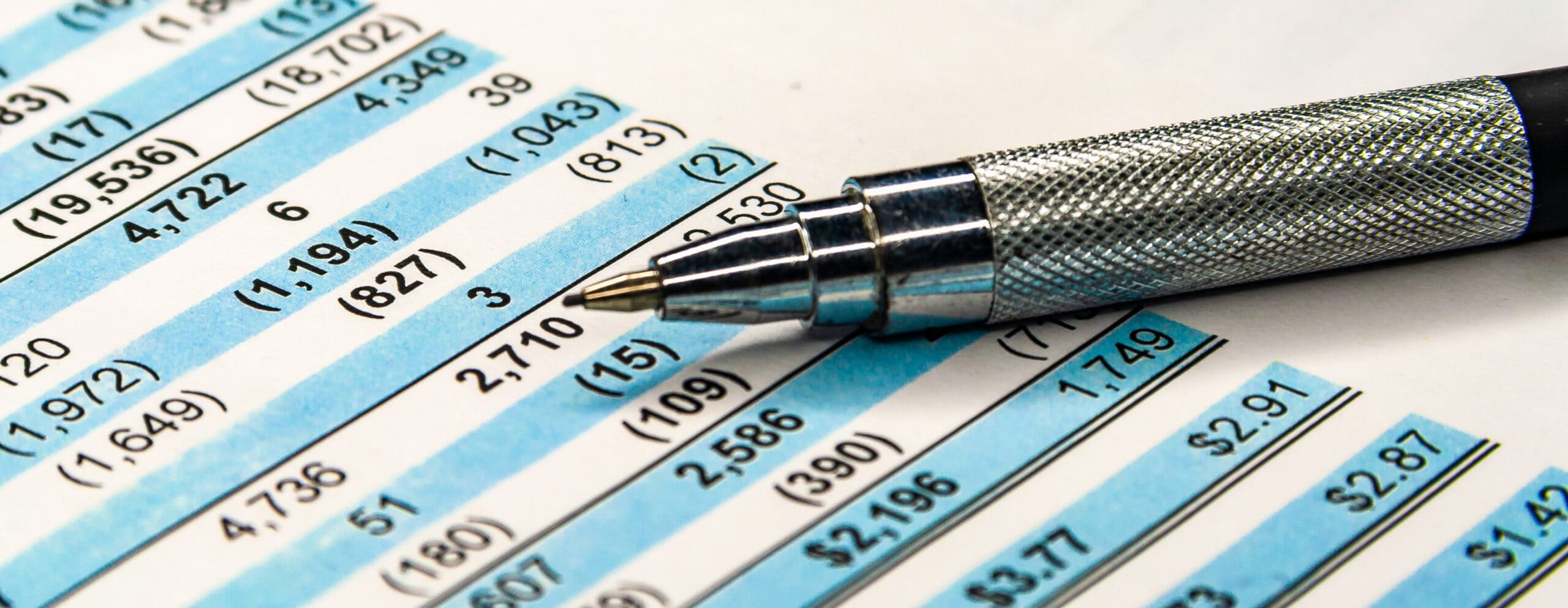What are Overdraft Fees and How do They Occur?
Overdraft fees are fees that banks charge when you spend more money than you have in your account. When you make a purchase or withdraw cash, the bank will check to see if you have enough money in your account to cover the transaction. If you don’t have enough money, the bank may allow the transaction to go through and charge you an overdraft fee. The fee can be a fixed amount or a percentage of the transaction amount, and it can add up quickly if you make multiple transactions while your account is overdrawn.
Overdraft fees can occur in several ways. One common way is through automatic payments, such as monthly bills or subscriptions. If you have a recurring payment set up and you don’t have enough money in your account to cover it, the bank may charge you an overdraft fee. Similarly, if you use your debit card to make a purchase and you don’t have enough money in your account, the bank may charge you a fee.
Another way overdraft fees can occur is through ATM withdrawals. If you use an ATM that is not affiliated with your bank and you withdraw more money than you have in your account, the bank may charge you an overdraft fee.
Steps to Take if You Have Been Charged an Overdraft Fee
If you’ve incurred an overdraft fee, there are several things you can do to try to get the fee waived or reduced. First, you can call your bank and ask to speak with a representative about the fee. Explain the situation and ask if they can waive the fee as a one-time courtesy. If you have a good track record with the bank and this is the first time you’ve overdrawn your account, they may be willing to waive the fee.
Another option is to sign up for overdraft protection. This service will link your checking account to another account, such as a savings account or credit card, and will automatically transfer money to cover any overdrafts. While overdraft protection may come with its own fees, they may be lower than the overdraft fees charged by your bank.
Finally, if you believe that the overdraft fee was charged in error or was excessive, you may want to consider disputing the fee with your bank. You can do this by sending a letter or email to the bank explaining the situation and requesting that the fee be refunded. If the bank denies your request, you can escalate the issue by filing a complaint with the Consumer Financial Protection Bureau.
Frequently Asked Questions:
What is the average overdraft fee?
- The average overdraft fee in the United States is around $33, but it can vary depending on the bank and the type of account. Some banks may charge a lower flat fee or a percentage of the transaction amount, while others may have tiered fees based on how many times you’ve overdrawn your account.
Can I opt out of overdraft protection?
- Yes, you can opt out of overdraft protection. Under federal regulations, banks are required to obtain your consent before enrolling you in overdraft protection. If you do not want to be enrolled in the service, you can contact your bank and ask to have it removed.
Is there a limit to how many overdraft fees I can incur in a day?
- There is no federal limit on how many overdraft fees a bank can charge in one day. Some banks may limit the number of fees they charge per day or per account, while others may charge a fee for each transaction that overdraws your account.
Can I sue my bank for excessive/unfair overdraft fees?
- It is possible to sue your bank for excessive overdraft fees, but most banks make it difficult to sue them over these fees in a traditional lawsuit. This is where arbitration comes in. Arbitration is a private form of dispute resolution in which a claim is brought outside the courtroom. Our Financial Services attorneys are bringing arbitrations against banks like Wells Fargo, Chase, PNC, and more for unfair overdraft fees.
McCune Law Group Serves Consumer Nationwide
Overdraft fees can be a frustrating and costly aspect of using a checking account. By understanding how they occur and what you can do to avoid them or get them waived, you can minimize the impact they have on your finances. By keeping track of your account balance and spending, setting up account alerts, and linking accounts, you may avoid these fees and keep your finances in order. If you do incur these fees, be sure to pay them promptly to avoid additional charges and negative consequences such as damage to your credit score. Our Financial Services team of lawyers are familiar with all the tactics used by banks and lenders and effectively level the playing field by competently representing the interests of consumers who have been wronged. Call to find out about our overdraft class action lawsuit.
To learn more about overdraft fees, contact McCune Law Group by completing the form or calling (909) 345-8110 today for a free consultation!
